Navigating the world of Zero Water filters can sometimes feel like walking a tightrope. You’ve taken a step towards healthier living, but like any device, these filters can present some challenges.
Table of Contents
Whether it’s struggling to eliminate certain contaminants, dealing with unpleasant taste and odor, or slow filtration rates, it’s important to identify and understand these common problems.
Don’t be disheartened; these issues are usually manageable with the right knowledge. So, let’s roll up our sleeves, tackle these common Zero Water filter problems, and ensure you’re getting the best purified water possible.
Understanding Zero Water Filter Issues
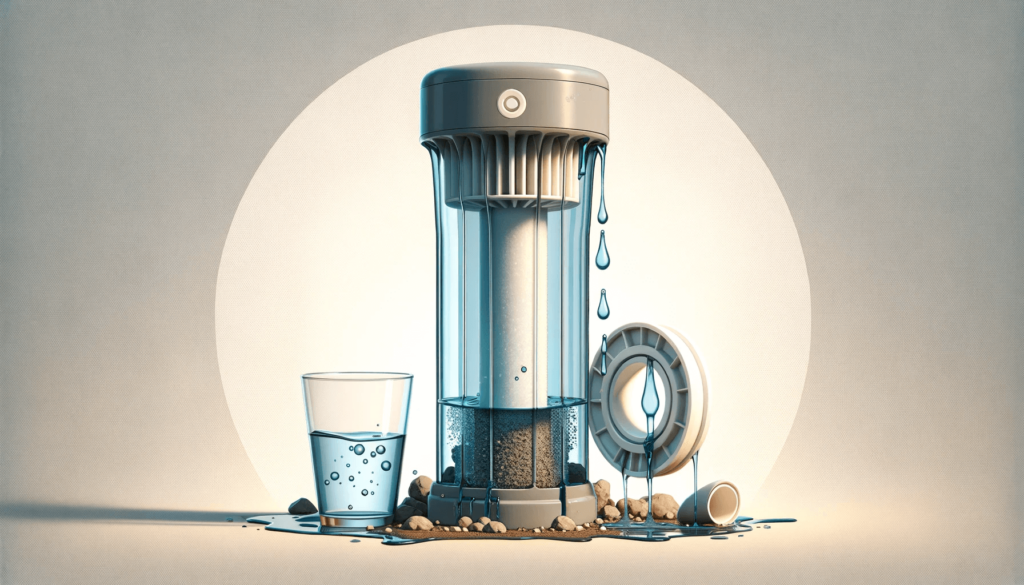
You should be aware that a key issue with Zero Water filters is their inability to effectively eliminate bacteria, cysts, viruses, and other microbiological contaminants from your water. This is a common Zero Water filter problem that needs attention.
These filters are designed to remove dissolved solids, but they can’t combat microbiological threats. If you’re relying solely on a Zero Water filter to ensure safe drinking water, you might be exposing yourself to harmful organisms.
It’s crucial for your health to understand these Zero Water filter issues. Consider using treated municipal water or boiling your water before use. In this way, you can maximize the benefits of your Zero Water filter while minimizing its limitations.
Solutions for Clogged Filters

Dealing with a clogged Zero Water filter? Let’s dive into some effective solutions that’ll help you tackle this issue head-on.
- Cleaning: Clean your zero water pitcher regularly to prevent clogging.
- Pre-filtering: To reduce the burden on your filter, always pre-filter your tap water to remove large contaminants.
- Replacement: If you’ve tried cleaning and the issue persists, your filter might be beyond salvaging. It’s time to replace it.
- Proper water treatment: Ensure your water supply undergoes proper water treatment before filtering. This reduces the load on your filter and prolongs its lifespan.
Addressing Taste and Odor Problems
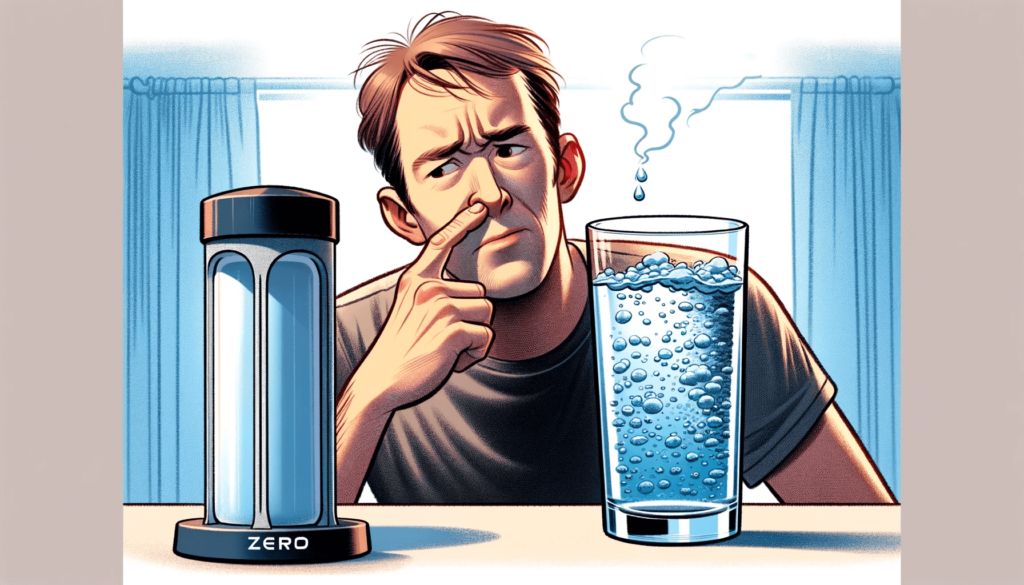
Taste issues and unpleasant odors can be another problem with your Zero Water filter, but don’t worry, there are effective solutions to tackle them. Often, these problems are due to inorganic compounds such as hexavalent chromium that the filter may not fully remove.
Here’s a simple guide to help you:
| Issue | Cause | Solution |
|---|---|---|
| Bad taste | Inorganic compounds | Re-filter water |
| Unpleasant odor | Bacteria growth | Clean the filter |
| Still bad | Expired filter | Replace the filter |
| Metallic taste | Hexavalent chromium | Use a different water source |
| No improvement | Faulty filter | Contact customer service |
See why does my zero water smell like fish for a more in-depth look into this issue.
Dealing With Slow Filtration
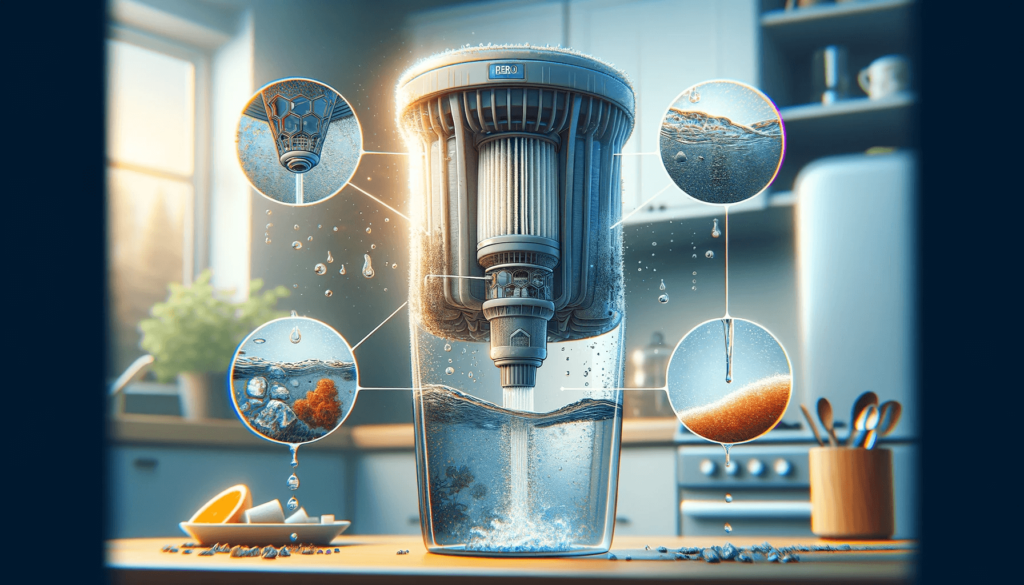
Experiencing slow filtration with your Zero Water filter can be quite frustrating, but it’s a problem you can tackle effectively. Here are four steps to help you:
- Check the filter: Sometimes, the filter might be clogged with impurities. Removing and cleaning it might solve your problem.
- Replace the filter: If cleaning doesn’t work, your filter might be worn out. Consider replacing it.
- Use cold water: Hot water can slow down the filtration process. Always use cold water.
- Contact customer service: If the problem persists, reach out to Zero Water’s customer service for professional assistance.
Maintenance Tips for Longer Lifespan
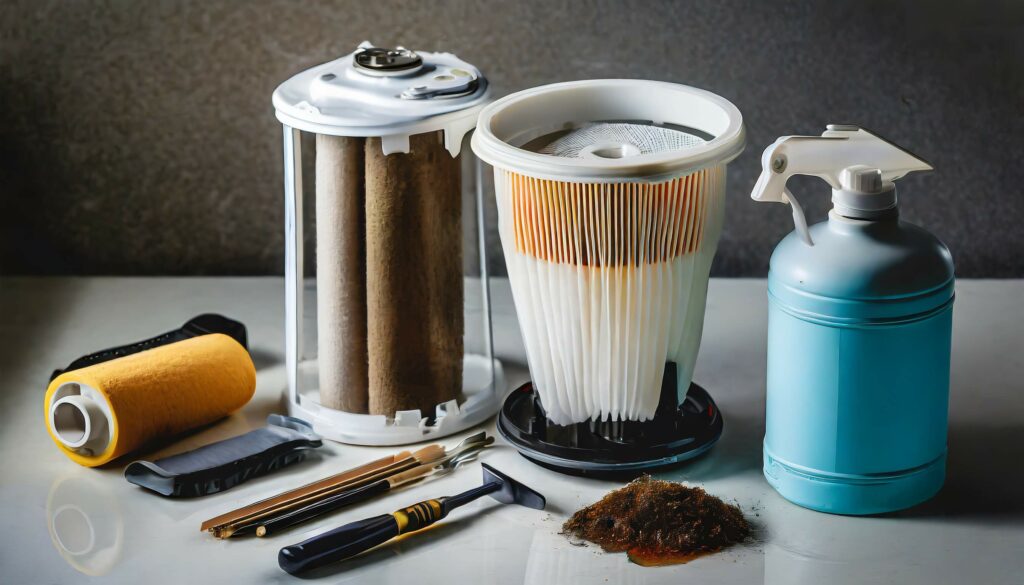
To ensure your Zero Water filter’s longevity, it’s essential you follow certain maintenance tips.
Regular cleaning is critical; rinse the filter with cold water before every use. Never use hot water as it could damage the filter.
Always ensure you’re using treated municipal water, as Zero Water filters can’t remove microbiological contaminants.
If your filter’s speed decreases, run water through it a few times to dislodge any trapped particles.
Avoid overfilling the pitcher; it can lead to water seeping around the filter instead of through it.
Lastly, replace the filter as needed. If you notice a change in water taste or an increase in the water’s total dissolved solids, it’s time for a new filter.
Your careful maintenance can considerably extend your filter’s lifespan.
Frequently Asked Questions
How Do I Know if My Zerowater Filter Is Bad?
You can tell if your ZeroWater filter’s bad by its slow filtration. Check the Total Dissolved Solids level of unfiltered water using the provided meter. If it’s high, your filter’s working harder and might need replacement.
Why Is My Zerowater Filter Not Letting Water Through?
Your ZeroWater filter might not let water through due to an air lock clog. Gently poking holes into the filter screen can help. If it’s been over six months, you may need to replace it.
Can Bacteria Grow in Zerowater Filter?
Yes, bacteria can grow in your Zero Water filter as it’s not designed to remove microbiological contaminants. Always use treated municipal water and consider boiling it or using an ultraviolet filter for extra safety.
What Are the Side Effects of Zerowater Filter?
You might notice a slightly acidic taste with your Zero Water filter as it removes minerals. Also, it doesn’t filter out bacteria, viruses or cysts, so always use treated municipal water for safety.
Conclusion
So, while your Zero Water filter does an impressive job, it’s not perfect. Remember, it can’t totally eliminate bacteria or certain chemicals.
It might also clog, slow down, or affect your water’s taste. But by understanding these issues, keeping it clean, and replacing the filter regularly, you’ll ensure that it’s working to its full potential, giving you the cleanest water possible.
Stay informed, stay vigilant, and keep enjoying your fresh, filtered water.

I like you use water every day in everything I do. I love to find better ways to filter water I drink, soften hard water and find amazing water bottles for when I’m on the go.
I want to share what I find with you and review the options you might be looking for.
Author Profile – Tony Cosentino

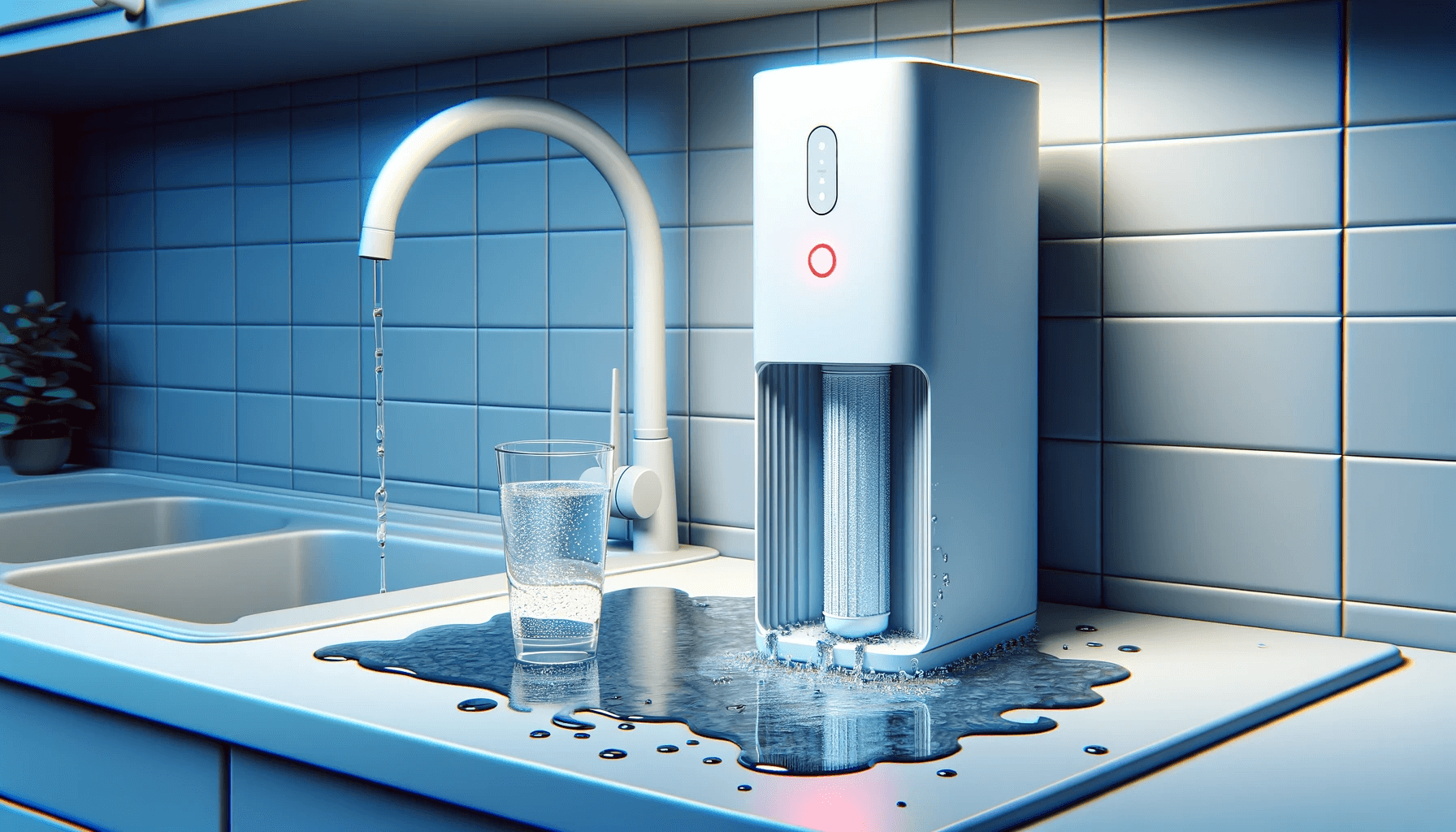
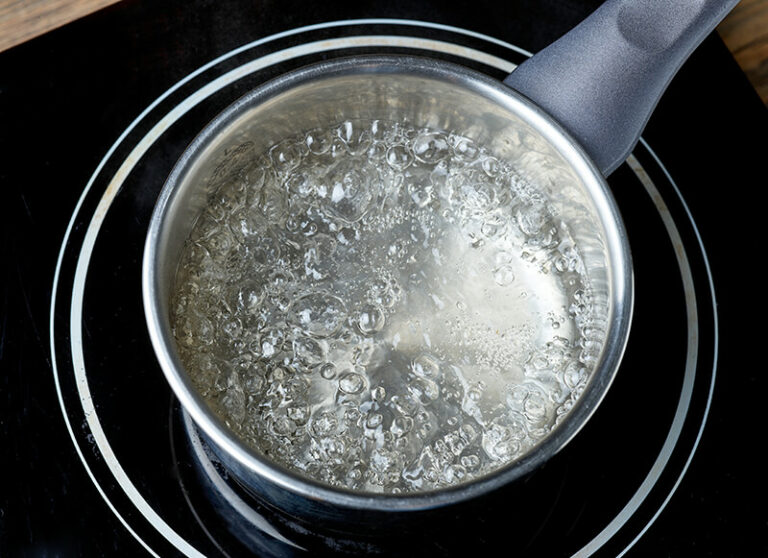
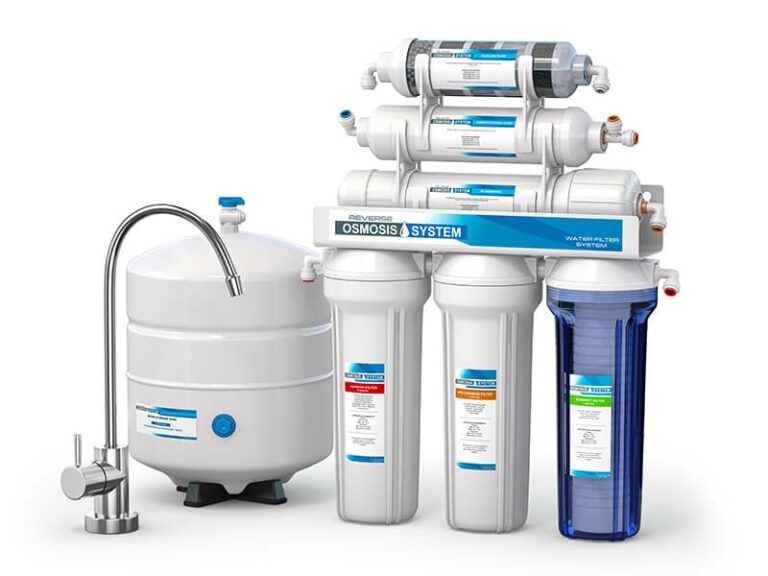
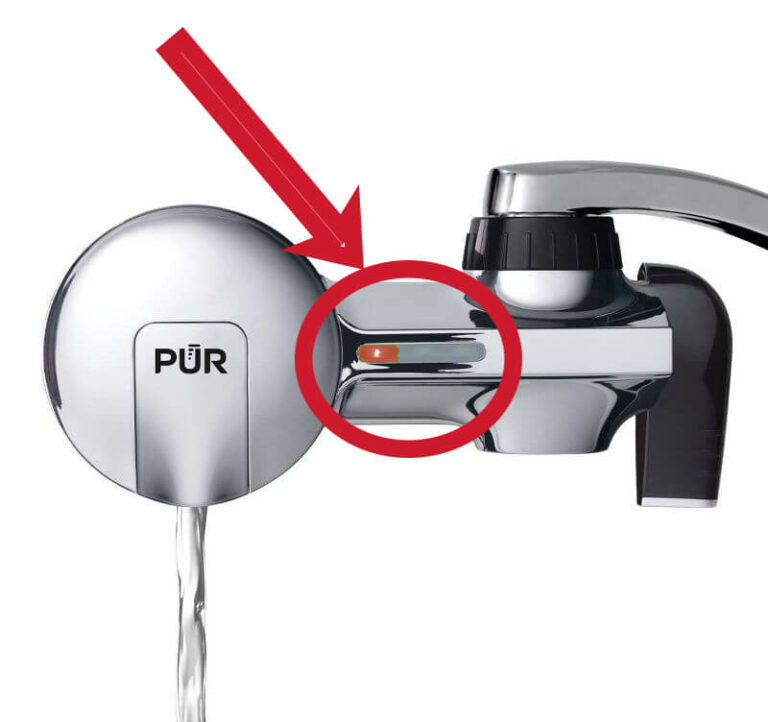


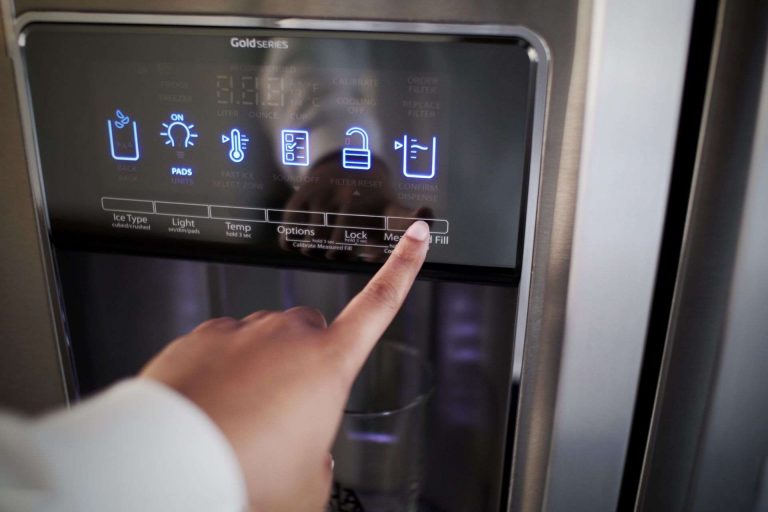
Here are some additional tips and strategies for navigating the world of Zero Water filters:
1. Research and compare: Before making a purchase, take the time to research and compare different Zero Water filter models. Look for reviews, ratings, and customer feedback to get an idea of the performance and reliability of each model. This will help you make an informed decision and choose the best filter for your needs.
2. Consider your water quality: Assess the quality of your tap water before purchasing a Zero Water filter.
I completely agree with the sentiment expressed in this post. I recently had an experience with Zero Water filters that left me feeling frustrated and confused.
I had been using Zero Water filters for several months and was generally satisfied with the quality of water they provided. However, one day I noticed that the water from my filter started tasting strange and had a weird odor. I immediately contacted Zero Water customer service to inquire about the issue.
The customer service representative was polite and helpful, but their explanation for the strange taste